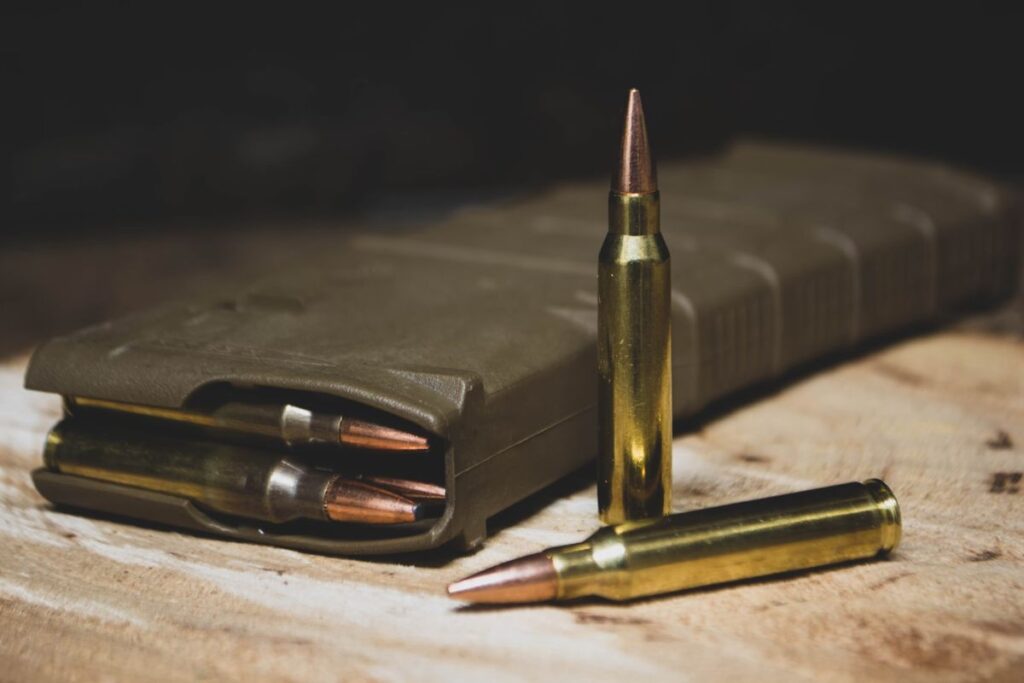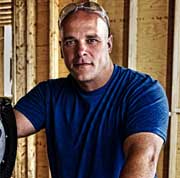Ensuring the safety and security of your home is a top priority, and if you are a responsible gun owner, part of that responsibility involves securing your firearms. A gun safe is a crucial investment for any gun owner, providing protection not only from theft but also from unauthorized access, accidents, and natural disasters. With a plethora of options available in the market, choosing the best gun safe for home security can be a daunting task. In this guide, we will explore the key factors to consider when making this important decision.
Evaluate Your Storage Needs
The first step in selecting the best gun safe is to assess your storage requirements. Consider the number and types of firearms for your home, along with any additional valuables you wish to protect. Take into account future acquisitions, ensuring that the safe you choose has ample capacity for potential additions to your collection.
Moreover, think about the layout of the safe’s interior. Adjustable shelving, racks, and compartments can help organize your firearms and accessories efficiently. A well-designed interior not only enhances accessibility but also prevents damage to your guns during storage.
Choose the Right Size and Weight
Size and weight are critical considerations when selecting a gun safe. A larger safe provides more storage space, but it may also be more challenging to conceal. Ensure that the dimensions of the safe fit the intended location in your home, such as a closet, bedroom, or dedicated gun room.
Weight is another factor to contemplate, as a heavier safe is generally more challenging for burglars to move. However, it’s essential to confirm that the floor can support the weight of the safe, especially if you plan to place it on an upper floor. A safe that can be bolted to the floor further enhances its security.
Consider the Locking Mechanism
The locking mechanism is a critical element of any gun safe, influencing both security and accessibility. The two primary types of locks are electronic (keypad or biometric) and mechanical (combination or key). Each has its pros and cons.
Electronic locks offer quick and convenient access, allowing you to open the safe with a PIN code or fingerprint scan. However, they rely on batteries, and there’s a risk of electronic malfunction. Mechanical locks, on the other hand, are reliable but may require more time to open, especially in stressful situations.
Some safes also come equipped with dual locking mechanisms, combining the advantages of both electronic and mechanical systems. When choosing a locking mechanism, consider your personal preferences, the urgency of access, and the reliability of the system.
Prioritize Fire Protection
Home security isn’t just about preventing theft; it’s also about safeguarding your possessions from unforeseen disasters. Many gun safes are equipped with fire-resistant features to protect firearms and other valuables in the event of a fire.
When evaluating fire protection, pay attention to the safe’s fire rating, which indicates the duration and intensity of the fire the safe can withstand. Look for safes with at least a one-hour fire rating, providing ample time for emergency responders to control the situation.
Additionally, consider the type of insulation used in the safe. Insulation materials like gypsum or ceramic can enhance fire resistance. Keep in mind that fire protection often comes with a trade-off in terms of cost and weight, so find the right balance for your needs.
Examine Construction and Material Quality
The durability of a gun safe depends on its construction and the quality of materials used. Opt for safes made from thick steel, as this provides better resistance against tampering and physical attacks. Pay attention to the gauge of the steel, with lower gauge numbers indicating thicker steel.
A robust locking mechanism is essential, and the safe should feature reinforced hinges and bolts for added security. Welded seams are preferable to bolts, as they make it harder for burglars to dismantle the safe. Thoroughly examine the build quality to ensure that the safe is a reliable and long-lasting investment.
Investigate Theft Protection Features
In addition to fire protection, theft prevention is a crucial aspect of home security. Look for gun safes with additional anti-theft features such as pry-resistant doors, drill-resistant plates, and reinforced locking mechanisms. A safe with a UL (Underwriters Laboratories) certification for burglary resistance is an excellent indicator of its ability to withstand theft attempts.
Consider the placement of the safe within your home – a discreet location, such as a closet, can further deter burglars. Some safes also come with pre-drilled holes for bolting the safe to the floor, increasing its resistance to unauthorized removal.
Research Reputable Brands and Read Reviews
Before making a final decision, research reputable gun-safe brands and read customer reviews. Look for brands with a history of producing reliable and durable safes, and take note of any recurring issues mentioned by customers. Independent reviews and testimonials can provide valuable insights into the performance and satisfaction of other gun owners with a particular safe model.
Consider reaching out to fellow gun owners or consulting online forums dedicated to firearms and home security. These communities often share experiences and recommendations, helping you make a well-informed decision.

Selecting the best gun safe for home security requires careful consideration of various factors, including storage needs, size and weight, locking mechanisms, fire protection, construction quality, theft prevention features, and the reputation of the brand. By investing time and effort in this decision, you can ensure that your firearms are securely stored, protecting your loved ones and belongings while complying with your responsibilities as a gun owner. Remember, the right gun safe is not just a purchase; it’s an investment in safety and peace of mind for years to come











